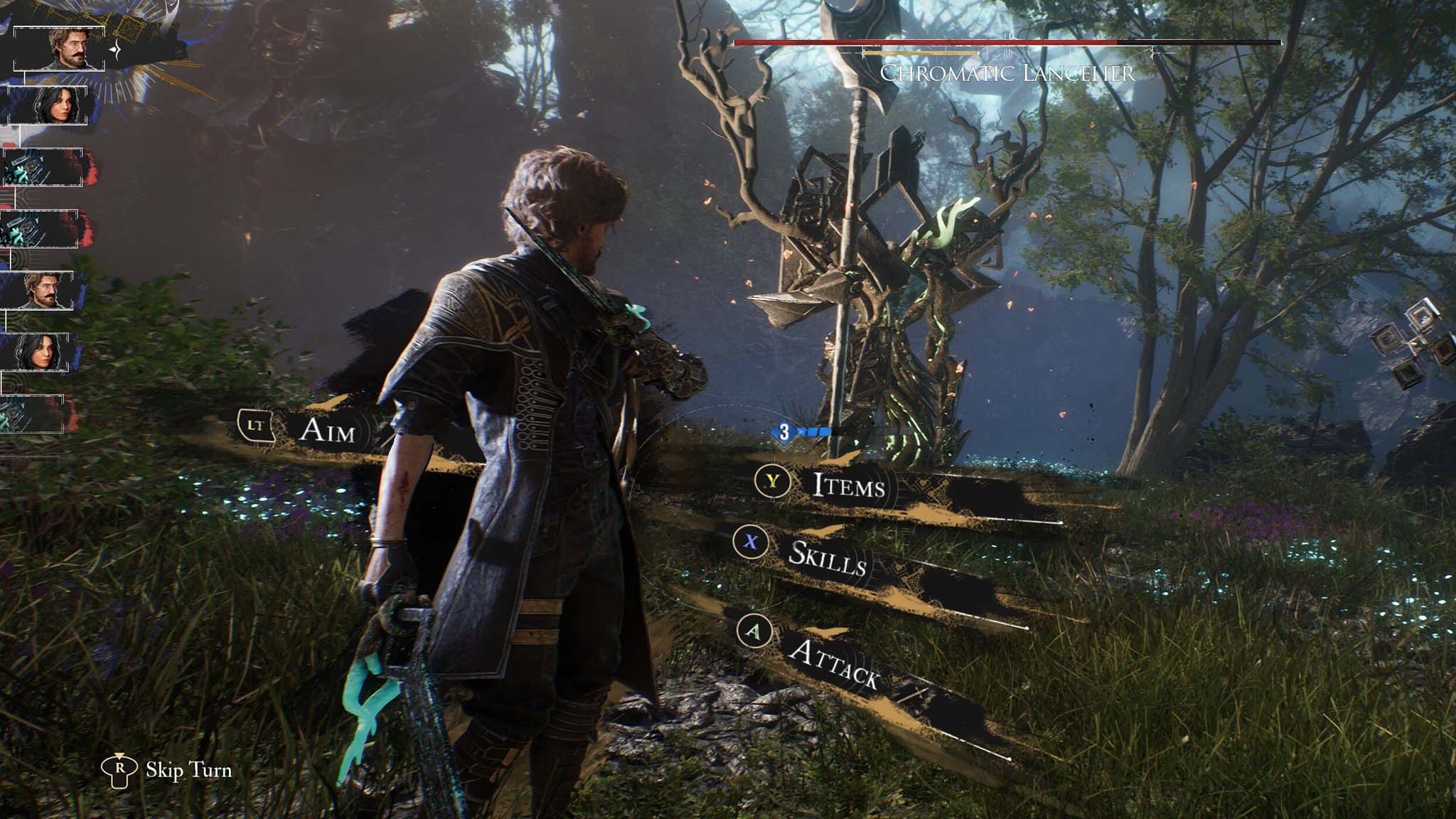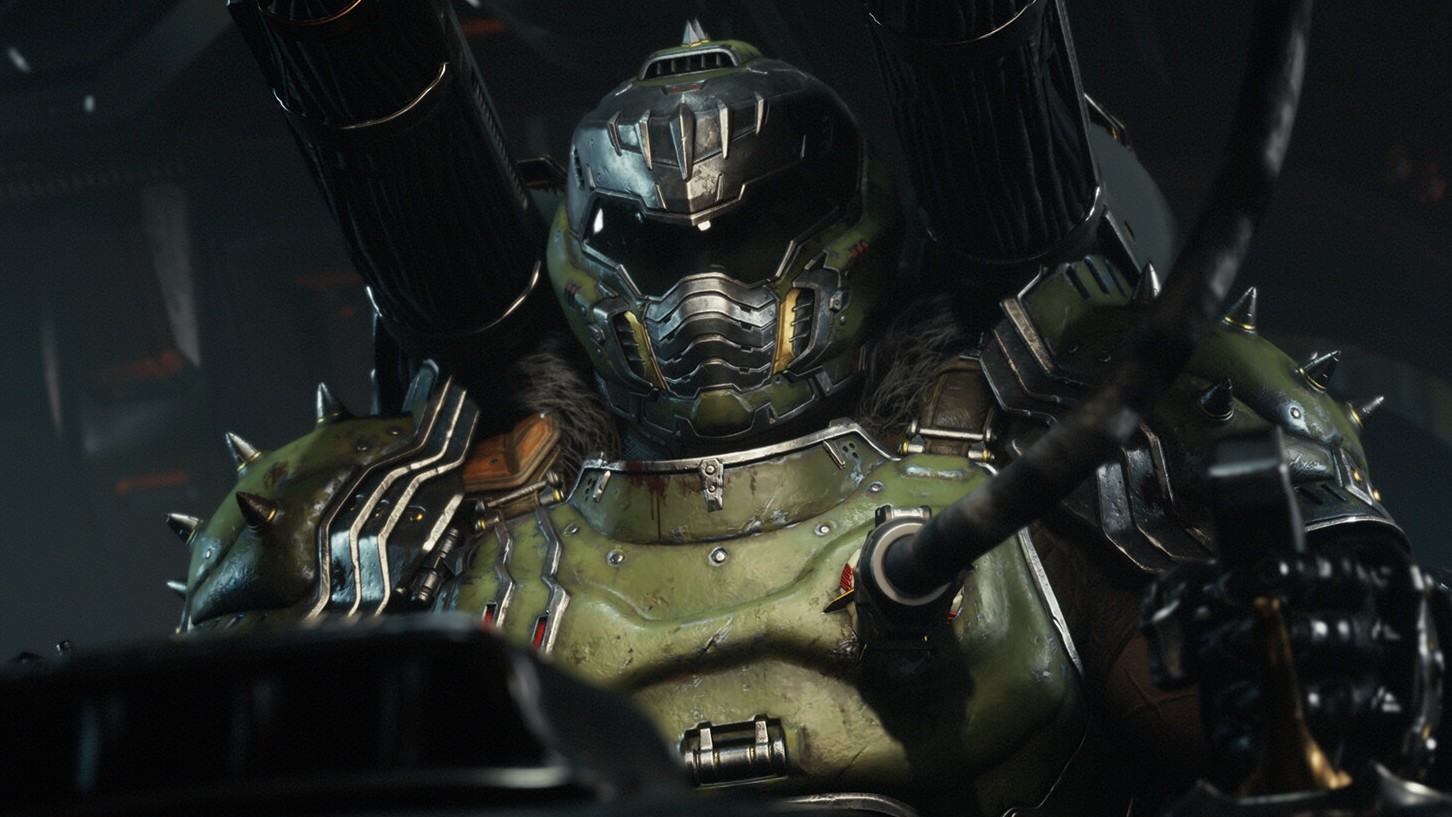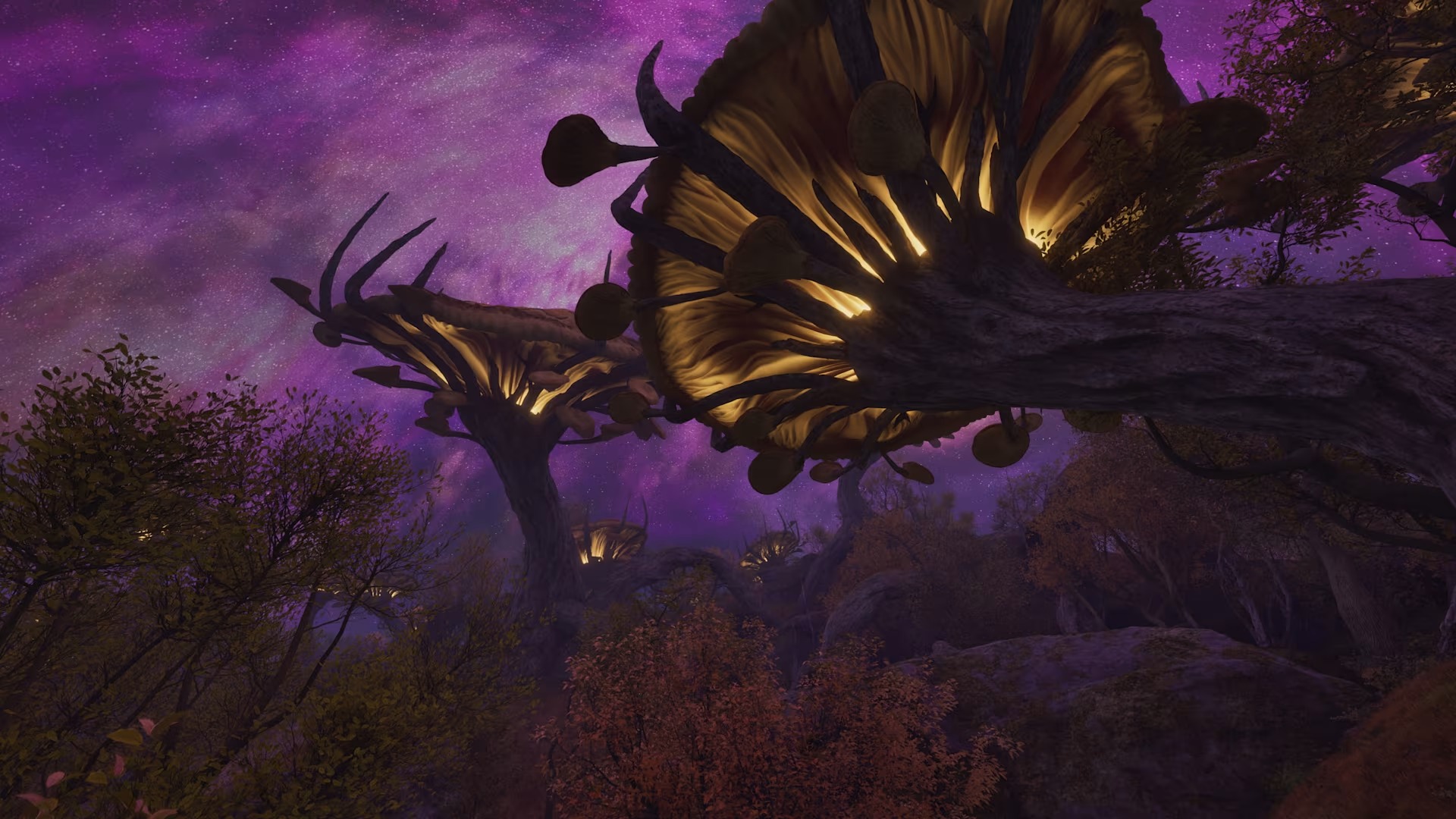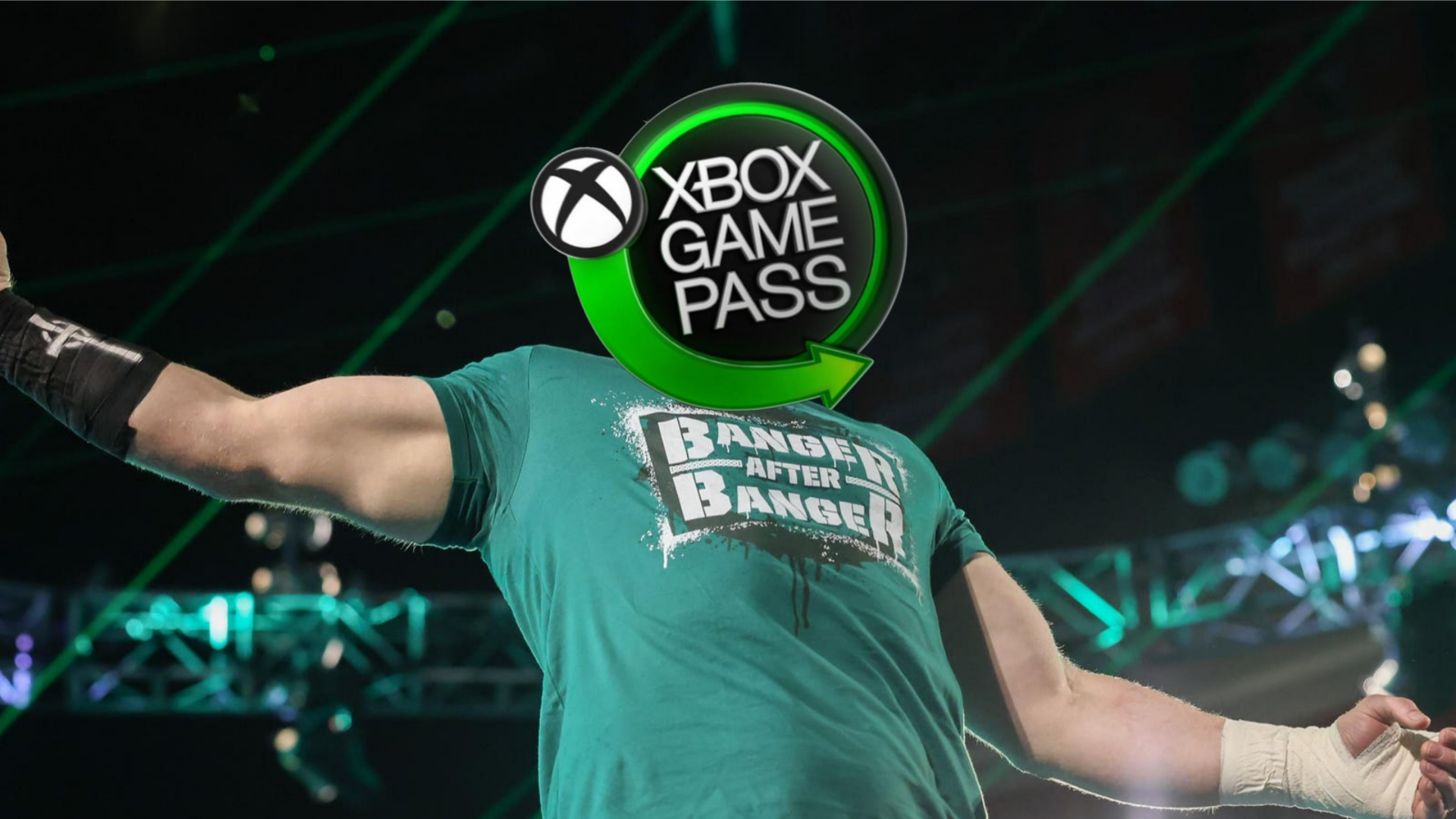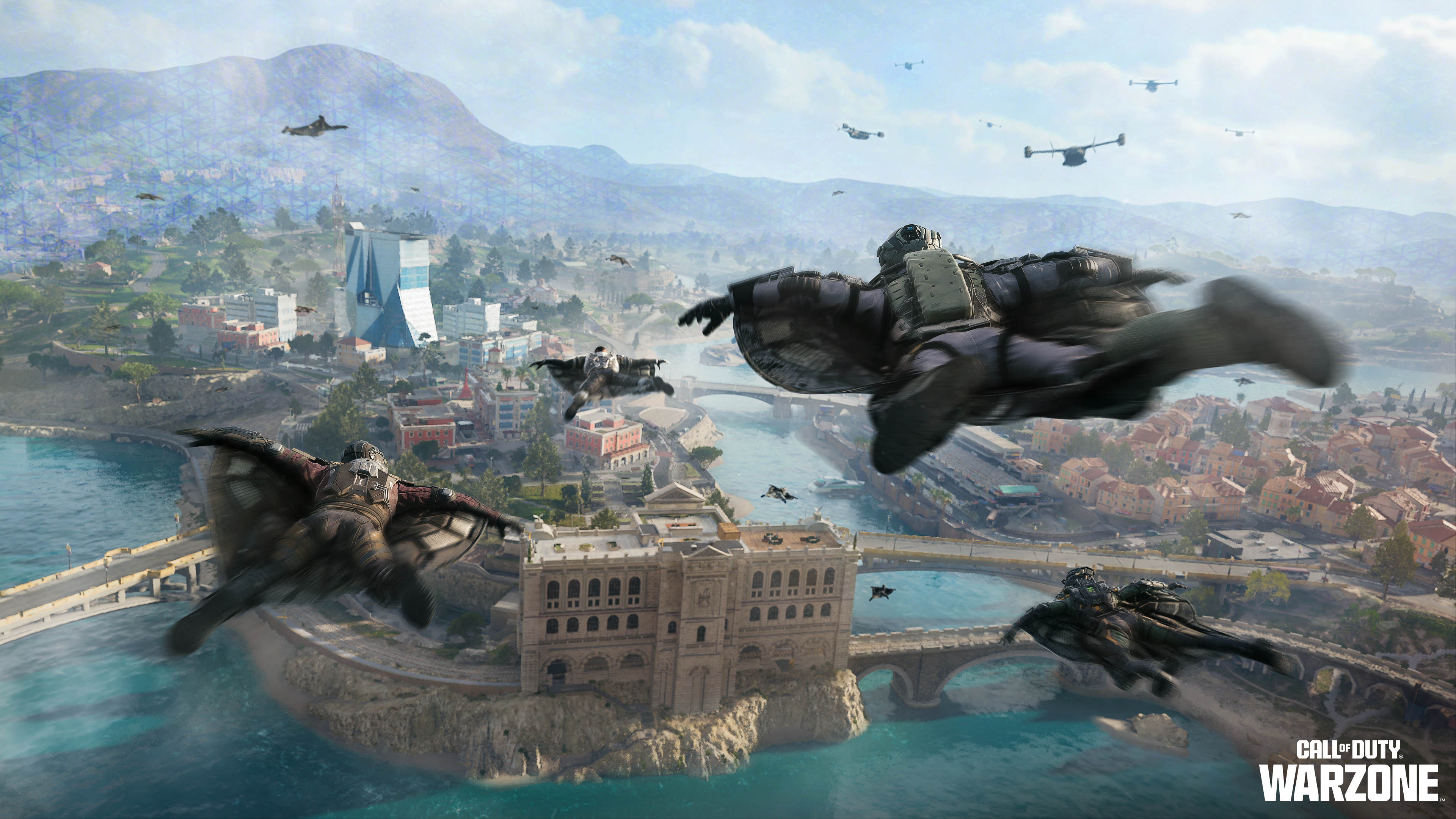Xbox Game Pass just had its strongest content quarter ever, but can we expect this level of quality forever?
Blue Prince, DOOM: The Dark Ages, Oblivion, Clair Obscur ... can Xbox Game Pass keep up its momentum?
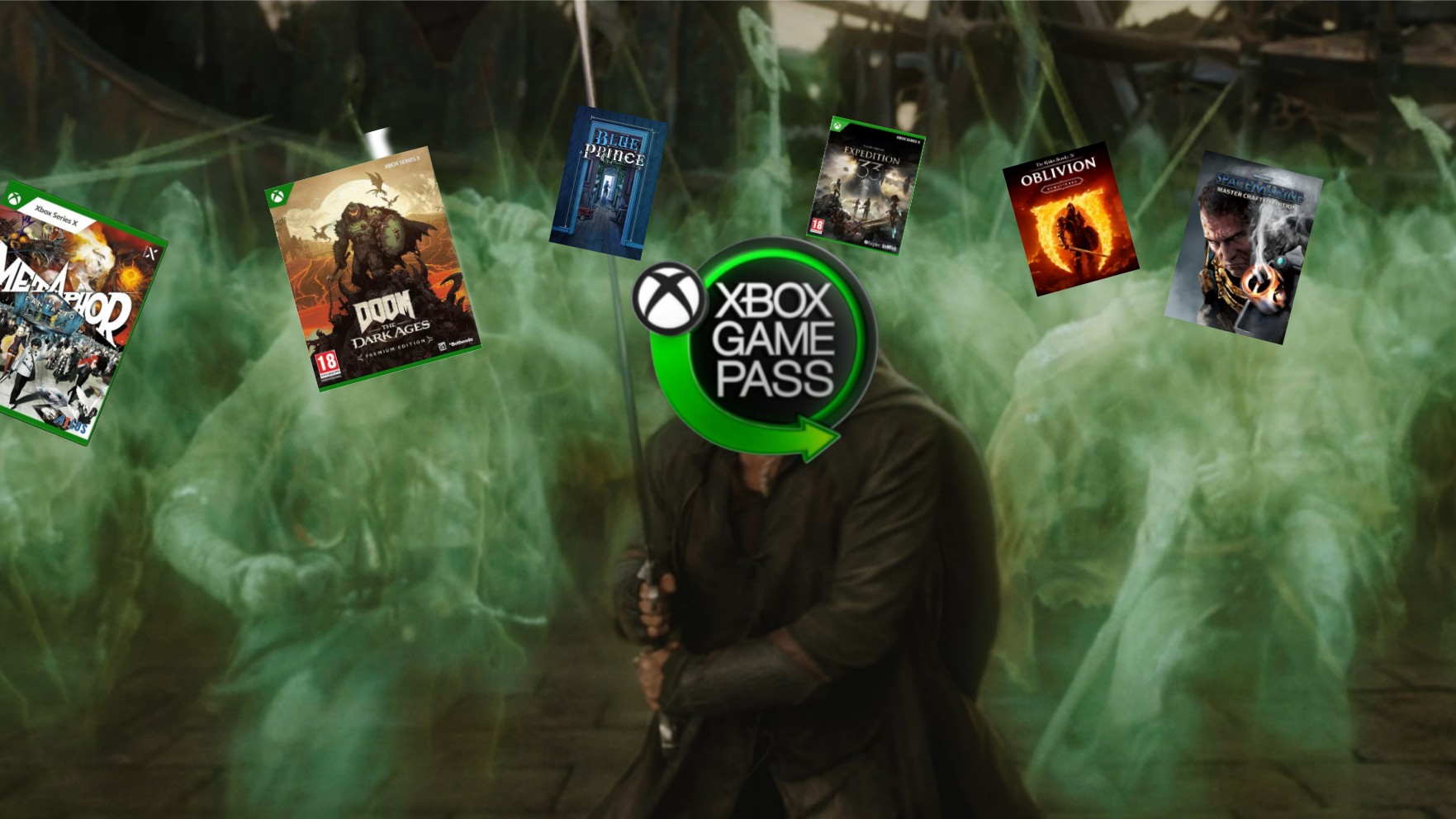
All the latest news, reviews, and guides for Windows and Xbox diehards.
You are now subscribed
Your newsletter sign-up was successful
It's been a banger quarter for Xbox Game Pass. With a whirlwind of releases including Clair Obscur: Expedition 33, the remastered Elder Scrolls 4: Oblivion, critically acclaimed Blue Prince followed by DOOM: The Dark Ages you'd think by now we'd have room to breathe. But no, Metaphor: Refantazio just hit Xbox Game Pass as well.
There's Diablo 3, South of Midnight, GTA 5 (again) and Towerborne too, and the gaming subscription service has delivered a variety of high-quality content the likes of I haven't seen before in such a short window of time.
As fans anticipate more to come, with the likes of the Space Marine: Master Crafted Edition next, the question on my mind right now is whether this absolutely extraordinary momentum can last. Is it all too good to be true?
A quarter for the record books
The past couple of months have seen Xbox Game Pass really solidify itself as an industry leader in subscription-based gaming services. Critical darlings like Clair Obscur: Expedition 33 and Blue Prince have dramatically exceeded everyone's expectations and currently top the list of best games on Metacritic. Both of these games are a shoo-in for game of the year nominations and we've had the benefit of both of them with our Xbox Game Pass subscriptions.
The Oblivion Remaster, while being the worst-kept secret in gaming, still implored a stampede of gamers to download it at launch. While many questioned the marketing choice of dropping it so close to Clair Obscur: Expedition 33, the concerns turned out to be unfounded, with Sandfall Interactive even crediting the close launch dates with bringing more publicity to its game. "Proximity to Oblivion didn't seem to harm us at all. In many ways, I think it just drew attention to quality RPGs that week and everybody was thinking and talking about the genre.” Kepler’s senior portfolio director Matt Handrahan told The Game Business.
During the interview, Kepler, the publisher for Clair Obscur, revealed a rather significant overlap in players of their game and Elder Scrolls. In fact 35% of Expedition 33 players also played Oblivion. This data was taken across all platforms the game released on, with 55% of Xbox Expedition 33 players specifically also engaging with the Elder Scrolls 4 Remaster.
In addition to Xbox Game Pass inclusion, both games still soared in the Steam charts and enjoyed high concurrent player counts.
Both these games are thriving right now, you love to see it! pic.twitter.com/hUtd9H5pxuMay 4, 2025
This level of success isn't accidental, and it's one that results from a combination of well-oiled strategy, good variation of content, day one releases and platform accessibility (expanding Play Anywhere titles). Microsoft marching feet first into expanding Game Pass to smart TV's, streaming devices and beyond has bought more players to the ecosystem, but as much as I can't deny the value, the challenges of sustaining this pace loom large.
Did Game Pass hurt DOOM: The Dark Ages?
One of the more contentious points in Xbox’s recent quarter is the performance of DOOM: The Dark Ages, or rather how good performance is measured. On the surface, the game seems like a runaway success. With 3 million players in record time, it’s the biggest launch in id Software’s history.
However, its Steam launch numbers haven't been as healthy. DOOM: The Dark Ages reached just 31,000 concurrent players, a far cry from DOOM Eternal’s 100,000 peak. This disparity raises questions about the so-called 'Game Pass Effect' if you believe in such a thing. For $19.99 a month, Game Pass Ultimate offers access to DOOM: The Dark Ages and countless other games. Why would players shell out $70 for a standalone copy when they can get the same experience as part of their subscription? Is it the price itself that is an issue here? Or, did Game Pass actually offer too much this quarter?
After all, the same could be said of Clair Obscur and Oblivion, but they were priced at $50, which is far closer to 'impulse buy' territory than $70. At least for me, the extra $20 does something to my psyche when weighing up potential purchases. While the Game Pass strategy boosts player counts, it could be said to diminish perceived value for individual titles. Perhaps DOOM: The Dark Ages, being a first party title, suffered disproportionately in this scenario. But do the sales actually matter?
Obviously, the business model of Xbox Game Pass isn't to give away games for "free." It's to prevent churn, i.e., people quitting the service month over month. If someone who typically wouldn't spend $240 on games in a year stays subscribed to Xbox Game Pass for a full cycle, then it's a net win. But the overlap between DOOM, Clair, Oblivion, Blue Prince, and others in such a condensed space may have put a damper on DOOM's virality.
Microsoft did come out and say DOOM: The Dark Ages hit 3 million players seven times faster than its predecessor. So maybe it's even better at reducing churn than the other big games from this quarter. We don't know for sure, because Microsoft rarely shares granular stats. But, we also have no idea how Microsoft thinks about investing in its studios per their performance in Game Pass.
All the latest news, reviews, and guides for Windows and Xbox diehards.
Third-party developers get engagement bonuses and an initial fee, but it's difficult to know exactly how Microsoft thinks about the performance of its internal studios when their "success" is measured by Game Pass engagement, rather than sales. If a user played both Clair Obscur and DOOM: The Dark Ages and remained subscribed, which developer receives the credit?
Whether in Game Pass or at retail, quality is still top dog
One of the many reasons Clair Obscur and Oblivion have managed to thrive both on Xbox Game Pass and in sales on other platforms, is both games ability to subvert expectations. Clair Obscur melded an innovative gameplay mechanic with a jaw-dropping story, making turn-based games a hot topic once again. Similarly, Oblivion's remaster offered a trip down memory lane while adding just enough modern finishes to make the game appeal to long-time fans and newcomers, but keeping the charm of the original.
Both of these games inspired people to make a purchase as a form of support, and there is something to be said for the virtue signalling of "buying a game because I support the developers" on social media.
When you disregard its success via Xbox Game Pass, it does seem as though its sales metrics may have suffered on other platforms like PlayStation and Steam based on certain analytics. Microsoft has declined to share hard sales figures, so we won't know until analysts like Circana share sales estimates later on. It's hard to say if the "reduced churn" via Game Pass offsets the potential losses in sales, which is where a lot of the scepticism around Microsoft's subscription model often falls.
DOOM: The Dark Ages perhaps met expectations without necessarily exceeding them in a way that encourages people to start waving their credit cards. Perhaps it was just too expensive for what it is to buy outright. While it's a solid game, players have come to expect more than just "good enough" in an era where subscription services like Xbox Game Pass provide access to hundreds of alternatives. In short, games that challenge the norm or stir up emotion are more likely to inspire a purchase, even when they are available on Xbox Game Pass.
Are subscription services "dangerous" for developers?
As Phil Spencer himself put it, "Game Pass isn't for everyone", and certainly if you are only going to buy and play a couple of games a year, the subscription service model isn't right for you.
Not everyone agrees that Xbox’s subscription-first approach is entirely positive. Former Sony executive Shuhei Yoshida recently expressed concerns about the potential risks of subscription dominance. Speaking at Gamescom LATAM, Yoshida labeled Microsoft’s approach “dangerous,” suggesting that such services could limit the creative freedom of developers.
“If the only way for people to play games is through subscriptions, that’s really dangerous,” Yoshida stated. “What type of games can be created will be dictated by the owner of the subscription services... I don’t think that will advance the industry.” He also added, “I believe the way Sony approached [subscriptions] is healthier.” in reference specifically to Microsoft's commitment to Day One releases on Game Pass Ultimate, believing Sony's approach to adding titles much later in their lifecycle a healthier model.
Yoshida’s criticism reflects a broader concern that the subscription model might incentivize corporations to promote telemetry-friendly content over the weird and wonderful breakouts that can't be measured as easily in a spreadsheet. Microsoft, and Spencer with his comments, have made efforts to reassure gamers that Game Pass is an additive service rather than a replacement for its direct purchase business.
Expedition 33 is the latest game to get unwillingly dragged through gaming Twitter as people debate the viability of Game Pass. I feel like I’ve just a little more knowledge on the topic than most so I’ll just say yes, yes it is very worth having your game on Game Pass 😌April 27, 2025
For what it's worth, I think Yoshida's comments are peculiar given that developers have shared how much being on Xbox Game Pass from day 1 has actually helped them get more eyes on their game than they would have done so without it.
More developers than ever seem to want to get into Xbox Game Pass, but Microsoft hasn't shared subscriber stats for an immensely long time. We have no idea if it's growing in any meaningful way, or simply maxed out.
This quarter's success in titles delivered could turn out to be a double-edged sword for Microsoft. On one hand it solidifies Game Pass's reputation as the best deal in gaming, on the other, it raised the bar for future quarters, creating immense pressure to maintain this level of quality and variety.
The future of Xbox
Xbox Game Pass’s ongoing success hinges on Microsoft’s ability to balance the speed and variety of its output. A steady stream of unique and engaging content across a variety of genres, means there’s always something fresh for players to enjoy..
At the same time, I'd like to see more improvements to the Xbox Cloud Gaming service. It's already making games accessible on more devices, like smart TVs, phones, and tablets, but I'd like it to compete performance-wise against superior cloud services like Nvidia GeForce Now.
Equally important is giving Microsoft’s own first-party games the space to breathe. These major titles, like DOOM: The Dark Ages, certainly drive subscriptions and reduce churn, but to maximize their impact and avoid harming other games, perhaps they still need to avoid overcrowded launch windows. If gamers are reluctant to pay $70 for these games, the upcoming $80 price increases will only heighten their hesitation, and releasing titles during crowded windows only exacerbates the potential problem. At the same time, perhaps there's enough diversity in the Xbox Game Pass subscriber base to give each type of game its own audience. Perhaps there are plenty of people who simply had no interest in DOOM as a result of pure preference, but maintained their sub for Clair Obscur instead.
The upcoming Xbox Showcase on June 8th will be a crucial moment to reveal more about Microsoft’s roadmap. It will serve as a clear declaration of intent. This could set expectations and reassure subscribers that this recent wave of quality content is just the start of a larger, sustainable strategy despite its pivot away from platform exclusives in recent times. The more users that are in Xbox Game Pass, the less likely overlap is going to be a potential issue. And we can't know for sure what the state of play really is with Game Pass, because as noted, they don't really share the stats.
Either way, without overextending itself, and by carefully managing content and services to a regular beat, Microsoft can continue to thrive — quarter after quarter, banger after banger. Pray for our backlogs.
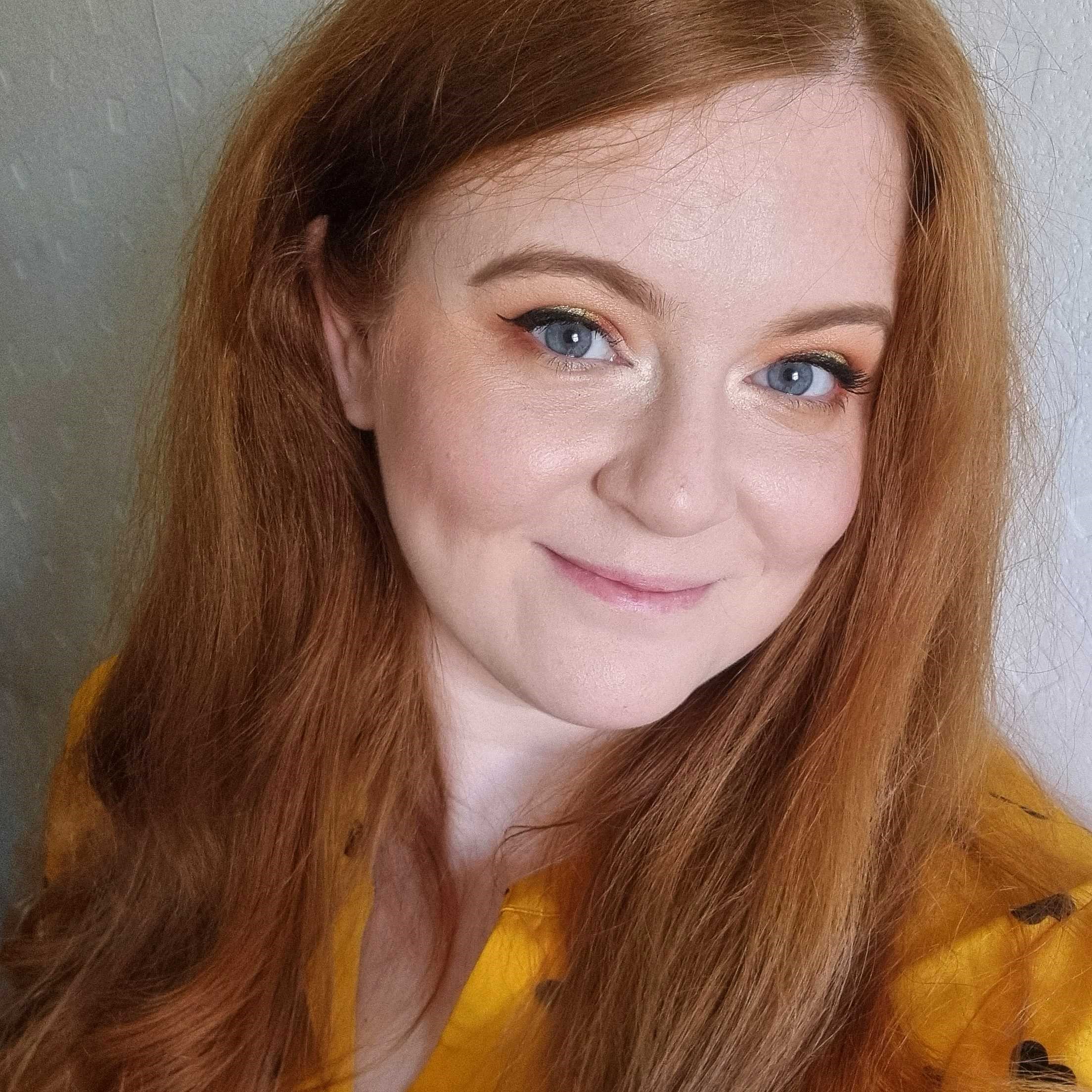
Jen is a News Writer for Windows Central, focused on all things gaming and Microsoft. Anything slaying monsters with magical weapons will get a thumbs up such as Dark Souls, Dragon Age, Diablo, and Monster Hunter. When not playing games, she'll be watching a horror or trash reality TV show, she hasn't decided which of those categories the Kardashians fit into. You can follow Jen on Twitter @Jenbox360 for more Diablo fangirling and general moaning about British weather.
You must confirm your public display name before commenting
Please logout and then login again, you will then be prompted to enter your display name.
